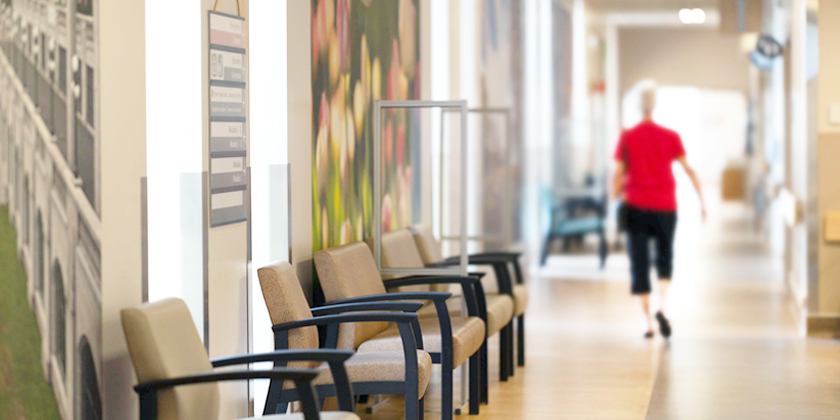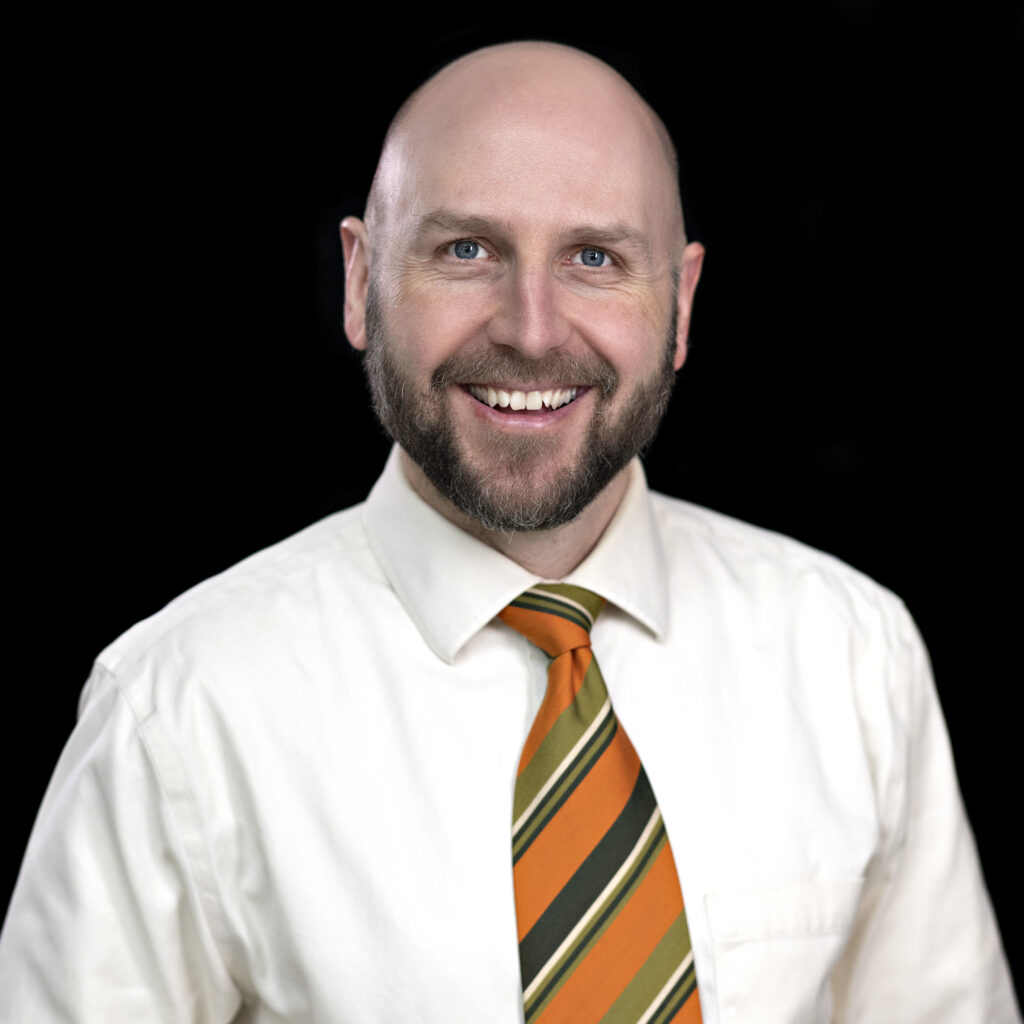Innovation and patient experience enhance mental health care at The Ottawa Hospital’s new campus
Oct 4, 2023

Laurel Bryon hopes that by sharing her story, others experiencing a mental health crisis will feel safe knowing they’re going to get the proper respect and care they need and deserve at The Ottawa Hospital.
“I know from my own personal experience that when you’re in a mental health crisis, you’re not your best self,” says Bryon, who is a patient advisor on The Ottawa Hospital’s Mental Health Working Committee and former Co-chair of the Senior Advisory Council. “There’s a lot of shame and guilt associated because people are witnessing you in your most vulnerable and weakened state. I want others to know they won’t feel like they have to hide who they are when they’re in a similar situation or state of crisis.”
The Ottawa Hospital provides acute mental health care for more patients than anywhere else in the community. The inpatient mental health unit at the new campus will replace and expand the unit at the existing Civic Campus, enhancing mental health care for patients across Eastern Ontario. It will have almost twice the number of inpatient beds, with dedicated units to serve the unique needs of patients, including elderly patients and those with significant co-existing illnesses.
“The new campus will give us more space and more flexibility in how we can use it,” says Dr. Jess Fiedorowicz, Head and Chief of Mental Health at The Ottawa Hospital. “It’s going to be a pretty substantial expansion of inpatient services for the region, and beyond having more beds, it will provide more access to specialty care.”
Approaches and designs to support care and healing
The Ottawa Hospital prioritizes early identification and treatment of mental illness and safe patient recovery by focusing on creating comfortable and therapeutic environments for patients.
The first of its kind for The Ottawa Hospital, the mental health unit at the new campus will have an EmPATH space, which will support an innovative approach to mental health care designed to treat patients early in a relaxed, supportive environment. The term ‘EmPATH’ is an acronym for Emergency Psychiatric Assessment, Treatment and Healing.

“It will be like a coffee lounge with reclining chairs and tables,” says Dr. Fiedorowicz. “People are coming in and out, staff are integrated in the area and there are private rooms you can step into to have a conversation. The idea is getting people treatment immediately, instead of the model of waiting until we complete a full psychiatric evaluation. This is a different mindset of how we approach things, like how can we start treating and helping this person right away with, for example, getting them medication right out of the gate like we do for chest pain, or immediately connecting them to social work.”
All patient rooms at the new campus will be private. Patient advisor Bryon says single patient rooms offer additional respect for the individual experiencing a mental health crisis and help create a sense of personal space, safety, and control for patients and their families.
“Specifically with mental illnesses, safety is such a concern for almost everybody,” she explains. “You need to feel safe in your physical environment, but you also need to feel safe in your mental environment and your emotional environment. And once you have that, it gives you a solid footing to start building yourself back up.”
Another key design element in the new campus is the integration of outdoor spaces and natural environments, which can have a profound effect on a patient’s wellbeing.
“We’re going to have access to outdoor terraces in all the units so everyone’s going to be able to access fresh air from day one, and space for exercise and things like de-stimulation or sensory experiences like meditation,” says Dr. Fiedorowicz. “We can create spaces where people feel better cared for, and I think that’s going to be really important.”
Innovative specialty care
The Ottawa Hospital is currently one of only two providers of electroconvulsive therapy (ECT) in the region. ECT remains the most effective treatment for conditions such as severe depression, and while it remains difficult to access for many patients locally, the mental health unit at the new campus will have its own dedicated spaces for administering the procedure and for patient recovery.
In addition to ECT, the new campus will also provide transcranial magnetic stimulation therapy (TMS), which uses magnetic fields to stimulate nerve cells in the brain to treat major depression. Ongoing research is studying its effectiveness for several other neuropsychiatric conditions, and there is an identified need for improved access to this modern interventional treatment in the Ottawa region.

By working with The Ottawa Hospital’s doctors, nurses and administrators and sharing her mental health journey, Bryon says it’s validating to know that her experiences can help improve the health and wellbeing of other patients.
“I’m now a healthy individual, and when I look back on my experiences, I can say I’m almost happy I went through that, because I would otherwise never have had this opportunity to engage with people who are actively trying to make mental health care better,” said Laurel of her work as a patient advisor. “What I love about plans for the new campus is the amount of community engagement. This collaboration opens up a dialogue about mental health, something that was taboo for a long time.
I get to see how The Ottawa Hospital is changing, and there’s so much hope that comes from that.”
Make the call
If you or someone you know is experiencing a mental health crisis, call the Mental Health Crisis Line toll free at 1-866-996-0991, or locally within Ottawa at 613-722-6914 for 24-hour support.
If you are in immediate danger or a life-threatening situation, call 911 immediately.
If you need urgent medical attention, go to your nearest hospital.


